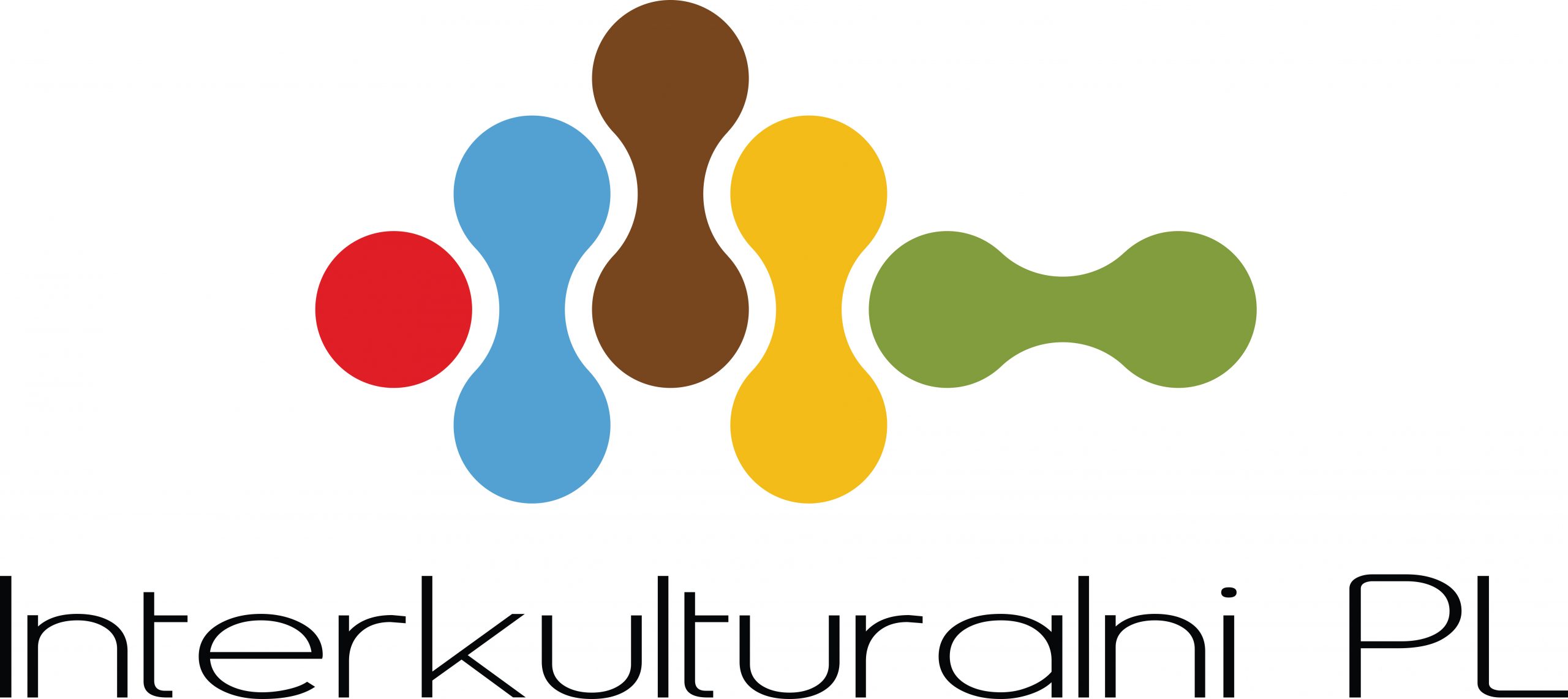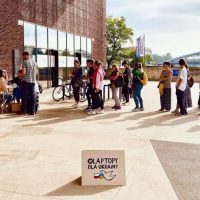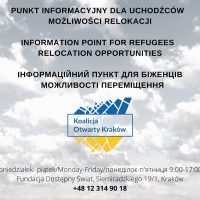Fifteen adults from twelve European countries were provided with anti-discrimination training that took place in Kraków from April 17th until April 21st 2012 . The training was organised by our team within Grundtvig Workshop project. As a result of our work, the publication in English including exercises used during the workshop has been prepared. It is now available on our website. We hope that this booklet will be an inspiration for other coaches.
“Organising this workshop was an invaluable experience for us” says Iga Machalewska – a coach who works with INTERKULTURALNI PL. “We were surprised that so many people had shown such an interest in participating in our workshop. During the registration period we received fifty three applications. After the participant list was made, we received seventy another inquiries about the workshop” – she adds.
The group that took part in the project was diversified. The participants’ countries of origin were: Bulgaria, France, Greece, Spain, Latvia, Germany, Portugal, Romania, Slovenia, Turkey, Hungary and Italy. The youngest participant was twenty-three years old, whereas the oldest one was sixty-two.
“Participant diversity in a group is of a crucial importance during anti-discrimination training. It is possible to talk much about discrimination, however, it is barely possible to comprehend it without experiencing it in person” – says Anna Kostecka – an INTERKULTURALNI PL coach. “I am sure that participants will retain the story of their colleague who was bewildered by encountering difficulties in getting around the city that was named a finalist in the Access City Award 2011 – Kraków. Neither of them will also forget the account given by a Muslim girl living in a Christian country.
“The aim of this publication was to share our experience and knowledge. We wanted to present exemplary exercises that may be useful during trainings” – says Dr Adam Bulandra of INTERKULTURALNI PL who is responsible for legal aspects of the workshop.
The project being a part of “Lifelong Learning Programme” was financially supported by the European Commission. It is highly possible that there will be second edition next year.




